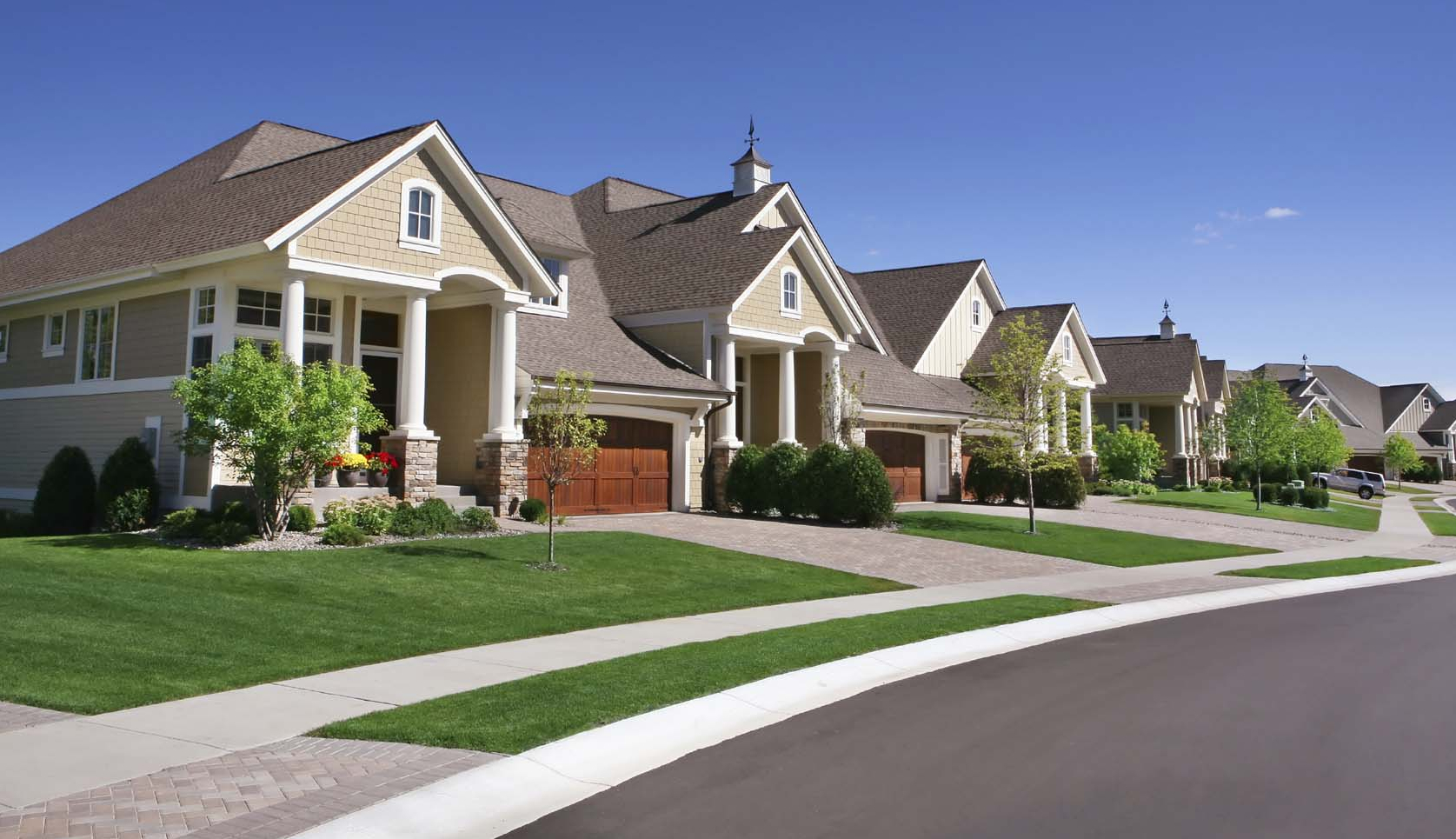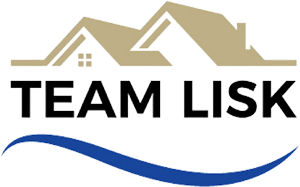
These covenants are implemented by subdivision developers so consistency is maintained among all the properties in the neighbourhood, and the value of all the land stays consistent.
Restrictive covenants function to control what homeowners can or can’t do with the use and appearance of their property. These covenants are implemented by subdivision developers so consistency is maintained among all the properties in the neighbourhood, and the value of all the land stays consistent.
What is restricted in a covenant?
Restrictions can vary. Here are some examples:
- colours you can paint a garage door
- materials that can be used for fencing
- if multi-unit dwellings are permitted
- types of trees that can be planted
- additions to a house
- if a backyard pool is permitted
- storage of any boats or trucks in the driveway
- installing satellite dishes or clothes lines
Do restrictive covenants apply to resale homes?
That depends. Under the law, restrictive covenants “run with the land,” which means they apply to any future buyer of the property. However, the restrictive covenant for a resale home may have expired or might not be enforceable because the development of the subdivision is finished.
Some restrictive covenants are not legally binding, especially if they are thought to be arbitrary or not in the public’s best interest. Legally, under the Ontario Land Titles Act, restrictive covenants automatically expire after 40 years. However, the covenant may be set up with a different end date.
When you are in the process of buying a house, the standard Agreement of Purchase and Sale will include a clause that says the title will be free from all registered restrictions and encumbrances, but not any registered covenants that run with the land. Review the purchase agreement in detail with a real estate lawyer to find out exactly which easements or restrictive covenants affect the property you wish to purchase.




